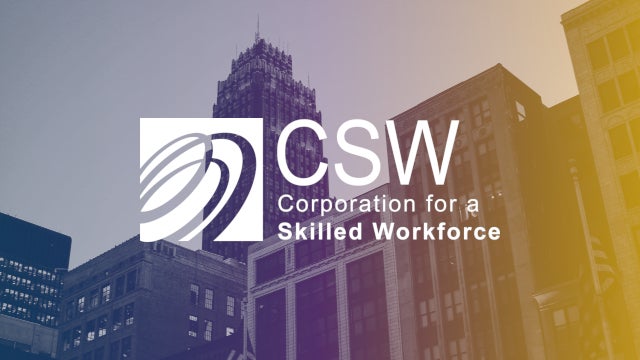We are encouraged to see that last week Representative Raja Krishnamoorthi introduced the Investing in American Workers Act (IAWA). The legislation, which would establish a 20 percent tax credit for new investments in worker training made by small and mid-sized business, builds on the Senate bill sponsored by Senator Mark Warner in October 2017.
Both the House and Senate bills incentivize employers to increase their investment in skills training, and mirror the Aspen Institute Future of Work Initiative proposal to create a Worker Training Tax Credit. The Initiative’s proposed tax credit, modeled on the popular Research and Development (R&D) Tax Credit, could be used by businesses to invest in training for their non-highly compensated workers.
Proposals like these can help ensure that workers have access to the training and education they need to survive and thrive in the future economy. Technological advancements are transforming the 21st century economy, complementing some jobs and replacing others. It’s no longer enough for workers to rely on skills acquired prior to joining the workforce — workers must be lifelong learners, constantly acquiring new skills over the course of their careers. Employers play an important role in preparing workers for long-term career success. Unfortunately, employers appear to be investing less in training their workers.
The recent tax reform legislation has also elevated the importance of creating tax incentives for training investments. The tax code now strongly encourages businesses to invest in physical capital, including in machines that can replace human labor, but it does not feature similar provisions to encourage investments in workers themselves. This could feasibly lead to greater automation and even less worker training.
We must create an economy in which each worker has the opportunity to work hard and make an honest living. While the nature of work continues to evolve, workers must have access to training so that they can acquire the skills needed to succeed in the jobs of the future.

